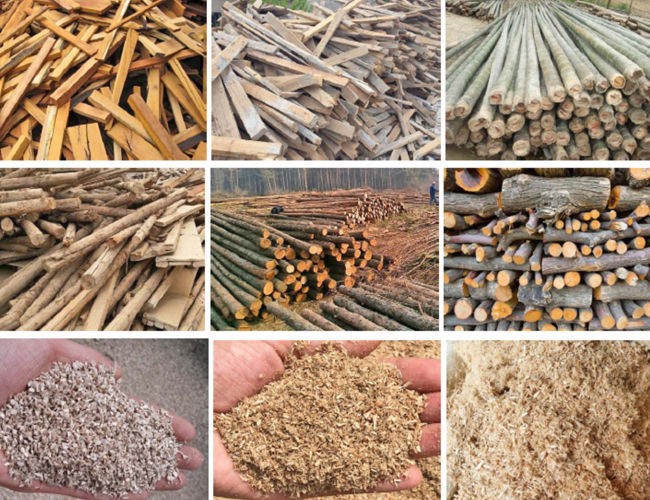Address
No. 128, Binhe Road, Gongyi City
Zhengzhou City, Henan Province, China, 451200
Contact us
Phone: (+86) 13386837400
WhatsApp/WeChat: (+86) 13386837400
Address
No. 128, Binhe Road, Gongyi City
Zhengzhou City, Henan Province, China, 451200
Contact us
Phone: (+86) 13386837400
WhatsApp/WeChat: (+86) 13386837400

The debate of disc chipper vs. drum chipper is quite a popular one. We have compared both in detail below.
| Comparison | Disc Chipper | Drum Chipper |
| Structure | cutting knives mounted on discs. | cutting knives mounted on cylindrical drums. |
| Price range | $3000-$20000 | $12000-$48000 |
| Final Wood Chips | smaller size, uniform, length within3cm, thickness within 5mm | bigger size, length 3-5cm, thickness 5mm |
| Working Principle | cut directly with disc knife, the wood chips more uniform | first press with roller, and then cut with flying knife, there will be crack on the wood chips, not uniform |
| Capacity | usually small, max 8t/h | max capacity 30t/h |
| Application | industries which need high quality wood chips | Industries which need big quantity wood chips |
The key to settling this debate lies in understanding the differences between the disc chipper and the drum chipper.
Research proves that the disc chipper has higher energy efficiency in comparison to the drum chipper. It also uses 19 percent less fuel per unit product as compared to a drum chipper.
However, the drum variant is large and has a more complicated design. Along with that, the drum chipper also produces better chip output when compared to the disk-type chipper.
The research proves that a drum chipper is eight percent more productive than a disc chipper. Furthermore, a comparison of the types of chips drawn from each type of machine was also drawn. The wooden chips produced by the drum chipper are finer and uniform than those of the disc variant.
From a safety point of view, a drum chipper is a large machine. It has a strong pull force to increase production efficiency. Thus, there is a high probability of accident occurrence. In comparison, the wood chipper disc is a relatively safer option.
The ultimate choice between the two types of chippers is dependent on usage and preference.
For a lower volume of raw material or home-based usage, a disc-type chipper is more suited.
On the other hand, a large volume of feedstock and commercial usage is more appropriately handled by drum-type chippers. Thus, it relatively settles the much-heated debate.